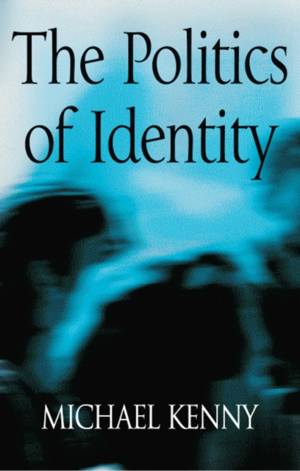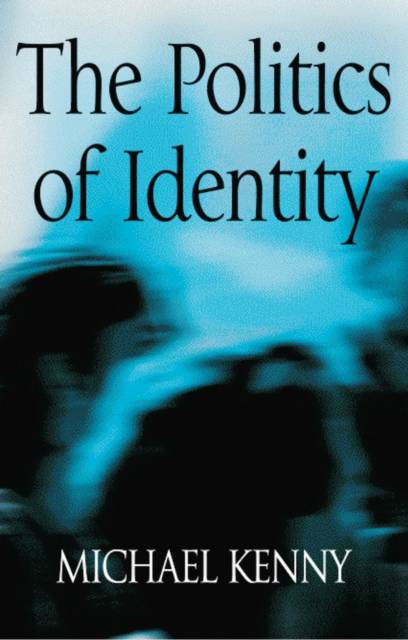
Bedankt voor het vertrouwen het afgelopen jaar! Om jou te bedanken bieden we GRATIS verzending (in België) aan op alles gedurende de hele maand januari.
- Afhalen na 1 uur in een winkel met voorraad
- In januari gratis thuislevering in België
- Ruim aanbod met 7 miljoen producten
Bedankt voor het vertrouwen het afgelopen jaar! Om jou te bedanken bieden we GRATIS verzending (in België) aan op alles gedurende de hele maand januari.
- Afhalen na 1 uur in een winkel met voorraad
- In januari gratis thuislevering in België
- Ruim aanbod met 7 miljoen producten
Zoeken
Politics of Identity
Liberal Political Theory and the Dilemmas of Difference
Michael Kenny
Paperback | Engels
€ 43,45
+ 86 punten
Omschrijving
This book provides a comprehensive and critical assessment of the ways in which Anglo-American political theorists have responded to the emergence of a politics of identity in democratic society. It examines the merits and weaknesses of the ideas associated with the major schools and thinkers in contemporary philosophical liberalism. It also provides a critical exploration of the arguments of their pluralist rivals, including advocates of multiculturalism, 'difference' and recognition.
Kenny illustrates how debates over such concepts as identity, difference, recognition and culture are intertwined with political theorists' characterizations of democracy, citizenship and civil society. In an analysis that juxtaposes normative political theory with the study of social movements and change, the author challenges two widely held ideas about the relationship between liberal democracy and culturally based groups. He questions the assertion that there is no place for identity based political argument in the public life of a democracy. And he challenges the pluralist conviction that the re-emergence of collective identities signals the demise of liberal culture and political thought.
Written in a clear and accessible style, The Politics of Identity is intended for students, scholars and general readers interested in contemporary political and social thought, political ideologies, and political culture.
Kenny illustrates how debates over such concepts as identity, difference, recognition and culture are intertwined with political theorists' characterizations of democracy, citizenship and civil society. In an analysis that juxtaposes normative political theory with the study of social movements and change, the author challenges two widely held ideas about the relationship between liberal democracy and culturally based groups. He questions the assertion that there is no place for identity based political argument in the public life of a democracy. And he challenges the pluralist conviction that the re-emergence of collective identities signals the demise of liberal culture and political thought.
Written in a clear and accessible style, The Politics of Identity is intended for students, scholars and general readers interested in contemporary political and social thought, political ideologies, and political culture.
Specificaties
Betrokkenen
- Auteur(s):
- Uitgeverij:
Inhoud
- Aantal bladzijden:
- 224
- Taal:
- Engels
Eigenschappen
- Productcode (EAN):
- 9780745619057
- Verschijningsdatum:
- 18/06/2004
- Uitvoering:
- Paperback
- Formaat:
- Trade paperback (VS)
- Afmetingen:
- 151 mm x 230 mm
- Gewicht:
- 353 g

Alleen bij Standaard Boekhandel
+ 86 punten op je klantenkaart van Standaard Boekhandel
Beoordelingen
We publiceren alleen reviews die voldoen aan de voorwaarden voor reviews. Bekijk onze voorwaarden voor reviews.









